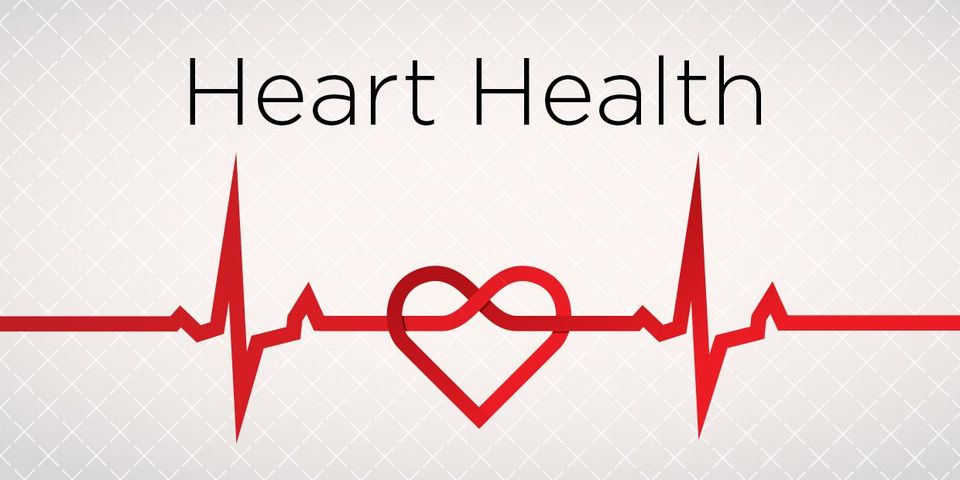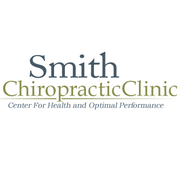Vitamin Deficiency Linked to Stroke and Plaque Buildup in Carotid Arteries

Vitamin Deficiency Linked to Stroke and Plaque Buildup in Carotid Arteries
The following is an article from Dr. Ron Grisanti DC, DACBO, DACBN, (from Functional Medicine University) that came across my desk, and I thought it important to share. Because heart disease is the #1 cause of death in America, we need to know and understand everything possible that can be done to support the health of our heart and circulatory system.
“A study published in the Canadian Medical Association Journal revealed that people low in vitamin B12 had an increased risk of a fatal heart attack and stroke.
The study focused on the relationship between homocysteine, B-12 and carotid artery plaque.
The study showed that higher blood levels of B vitamins are related to lower concentrations of homocysteine leading to decrease plaquing in the carotid arteries. However, an elevated blood homocysteine level revealed a strong risk factor for heart disease and stroke.
How the Study was Conducted
The study examined 421 people with the average age being 66. Vitamin B-12, homocysteine levels and degree of plaque in the carotid arteries (via ultrasound) were evaluated.
The Results
Seventy-three patients (17%) had vitamin B-12 deficiency with significant elevation of homocysteine. In addition and most important, carotid plaque was significantly larger among the group of patients who had deficiency of vitamin B-12. In conclusion, the authors found that low blood vitamin B-12 levels are a major cause of elevated homocysteine levels and increased carotid plaque areas.”
Reference
Robertson J, Lemolo F, Stabler SP, Spence JD. Vitamin B12, homocysteine and carotid plaque in the era of folic acid fortification of enriched cereal grain products. CMAJ. 2005 Jun 7; 172 (12): 1569-73
Dr. Smith’s Comments
“The proper tests to order are blood homocysteine and a methylmalonic acid (MMA). We offer these tests at our office, as well as the nutraceutical grade B-12 and the proper dosing, if the testing demonstrates a need. Remember, it’s always better to test and not guess when it comes to supporting a healthy lifestyle.”
About the Business
Have a question? Ask the experts!
Send your question

